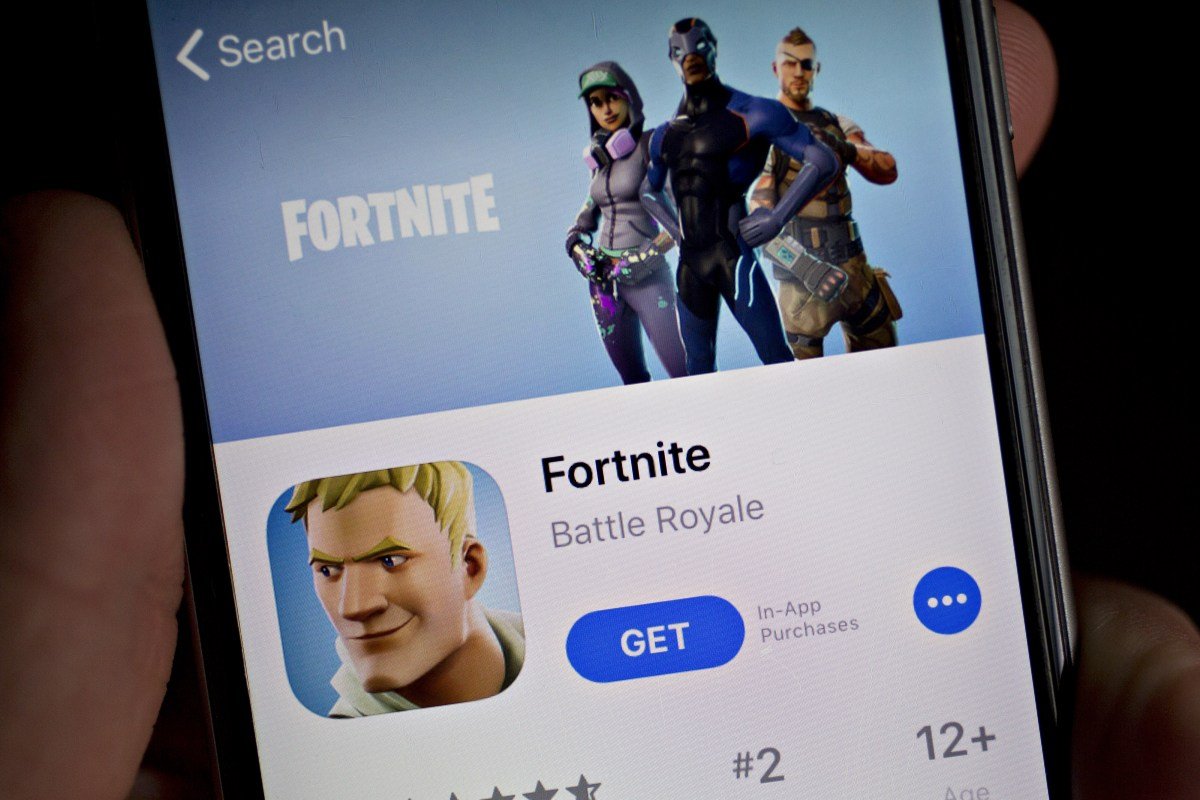The Department of Justice and seventeen state attorneys general have jointly filed a massive lawsuit against Apple on Thursday morning, accusing the technology giant of monopolistic smartphone practices. This move comes as Fortnite maker Epic Games continues to accuse Apple’s iOS App Store of antitrust violations in an ongoing, arduous legal battle.
The 88-page lawsuit does not explicitly mention Epic, but the complaint echoes Epic’s long-standing grievances against the App Store’s anticompetitive practices.
“Apple often enforces its App Store rules arbitrarily,” the suit says. “And it frequently uses App Store rules and restrictions to penalize and restrict developers that take advantage of technologies that threaten to disrupt, disintermediate, compete with, or erode Apple’s monopoly power.”
Epic’s primary complaint against the App Store is the mandatory 30% cut that developers must pay to Apple for in-app purchases. Unlike Android devices, iPhones do not allow for sideloading apps, giving Apple complete control over all apps in the App Store. This revenue cut has been a point of contention for Epic CEO Tim Sweeney for almost a decade, who believes it is monopolistic and predatory towards smaller companies. In 2020, Epic attempted to bypass Apple’s fees by allowing Fortnite players to pay Epic directly. As a result, Apple removed Epic from the App Store, and now, four years later, the two companies are still embroiled in legal proceedings.
While a judge ruled that Apple cannot prevent apps from directing users to alternative payment methods, Apple was ultimately not found to be a monopoly.
Given Apple’s past favorable rulings, it is surprising that this lawsuit aligns with some of Epic’s complaints.
“While Apple has reduced the tax it collects from a subset of developers, Apple still extracts 30 percent from many app makers,” the suit says. “Apple also generates substantial and increasing revenue by charging developers to help users find their apps in the App Store—something that, for years, Apple told developers was part of the reason they paid a 30 percent tax in the first place.”
Epic is not the only large company to challenge Apple’s practices. In January, with the European Union’s new Digital Markets Act looming, Spotify also entered the ring, labeling Apple’s compliance plan as “extortion” and a “complete and total farce.” In March, Apple was fined €1.84 billion for breaching antitrust rules in the music streaming market.
Epic Games and other companies, including Spotify, Deezer, and Proton, released a statement through the Coalition for App Fairness (CAF) expressing their support for the DOJ’s action against Apple.
“With today’s announcement, the Department of Justice is taking a strong stand against Apple’s stranglehold over the mobile app ecosystem, which stifles competition and hurts American consumers and developers alike,” said Rick VanMeter, executive director of the CAF. “The DOJ complaint details Apple’s long history of illegal conduct – abusing their App Store guidelines and developer agreements to increase prices, extract exorbitant fees, degrade user experiences, and choke off competition. The DOJ joins regulators around the world, who have recognized the many harms of Apple’s abusive behavior and are working to address it.”
TechCrunch reached out to Epic Games for comment, but they declined to do so. Tim Sweeney, who is usually vocal about these issues, has also remained quiet on the matter.
“I’ll be off Twitter antitrust commentary between now and the end of my testimony in the Australian Epic v Apple and Google trial in Melbourne,” Sweeney posted, alongside a photo he took in Melbourne.









[…] of Justice’s antitrust lawsuit against Apple. The group, which consists of prominent app creators such as Epic Games, Spotify, Deezer, Match Group, Proton, and others, is celebrating the […]